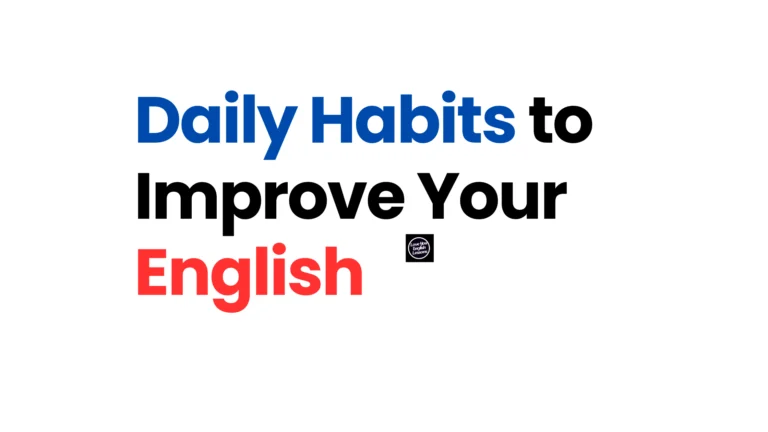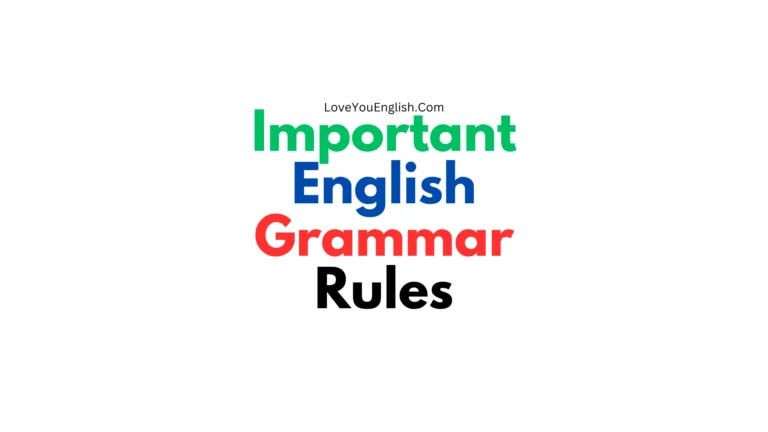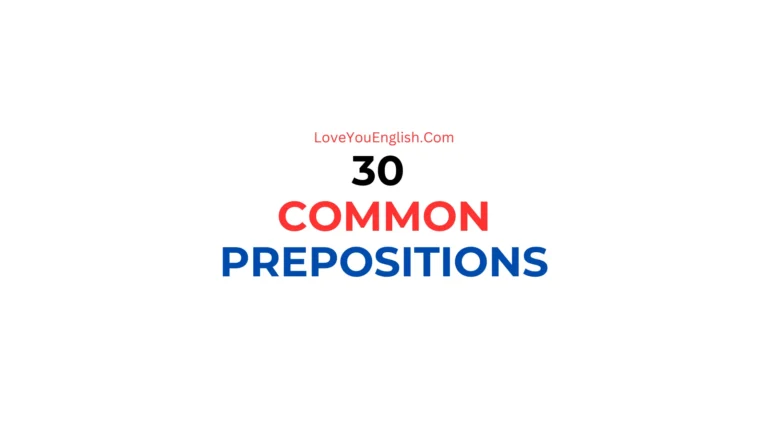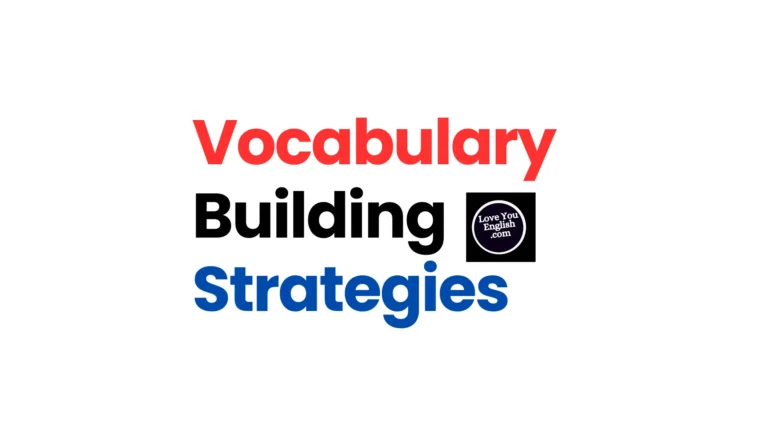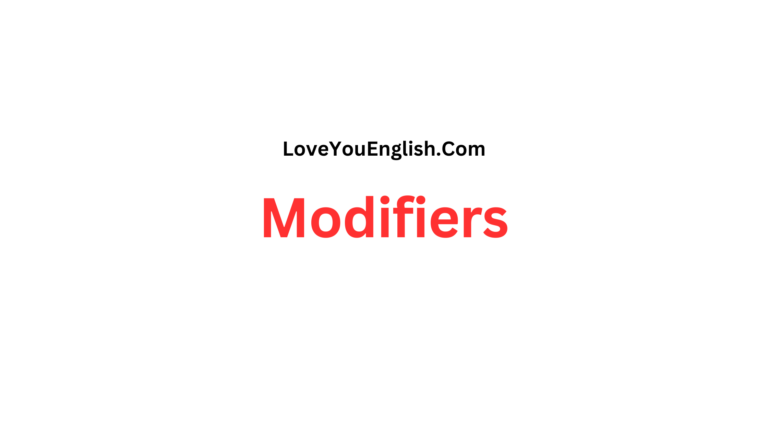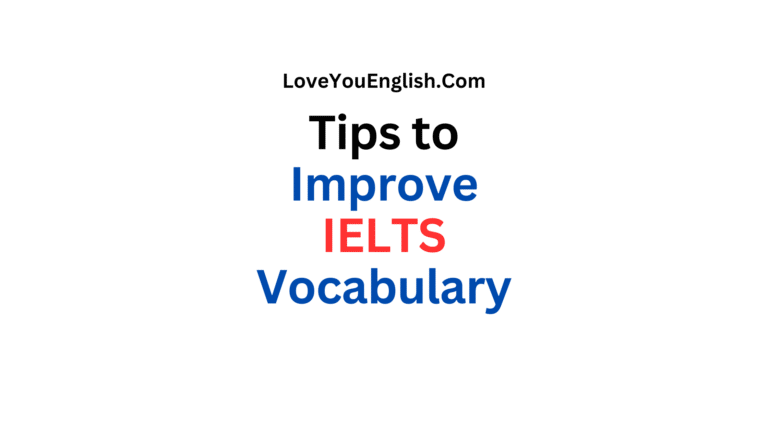What Are the ‘Wh’ Questions in English?
What Are the ‘Wh’ Questions in English?
Have you ever noticed how many English questions start with the letter “W”?
It’s not a coincidence!
These are called “Wh questions,” and they’re a big part of how we communicate in English.
Whether you’re learning English or just curious about language, understanding Wh questions will help you ask for information more effectively and have better conversations.
Why Are They Called “Wh Questions”?
You might be wondering, “Why on earth are they called ‘Wh questions’?”
Great question!
It’s pretty simple: most of these question words start with the letters “wh.”
Take a look:
- Who
- What
- When
- Where
- Why
- Which
There’s one rebel in the group, though: “How.”
It doesn’t start with “wh,” but it’s still part of the Wh question family because it works the same way.
Some people even joke that it should be spelled “Whow” to fit in better!
These question words are like keys that unlock different types of information.
Each one has a special job, helping you get specific details you need.
Let’s explore each Wh question and see what it can do for you.
Who: The People Finder
“Who” is all about people.
When you use “who” in a question, you’re trying to identify a person or find out information about them.
It’s like a spotlight that shines on individuals in a story or situation.
Here are some examples:
- Who is your best friend?
- Who wrote this book?
- Who won the race?
In each case, the answer will be a person:
- My best friend is Emma.
- J.K. Rowling wrote this book (the Harry Potter series).
- Usain Bolt won the race.
“Who” can also help you ask about people’s roles or characteristics:
These questions dig a bit deeper, asking you to think about people’s qualities or their importance in a story.
Explore more topics:
- How to Improve Your Business English? Try These 15 Tips
- Ways to Develop Effective Business English Communication Skills
- What Are the ‘Wh’ Questions in English?
- The Importance of Subject-Verb Agreement
- Advanced TEFL/ESL Conversation Topics
What: The Thing Describer
If “who” is for people, then “what” is for pretty much everything else!
“What” helps you ask about objects, ideas, actions, and more.
It’s incredibly versatile.
Let’s see it in action:
What is this? (Identifying an object)
Answer: This is a smartphone.
What do you like to eat? (Asking about preferences)
Answer: I like to eat pizza and sushi.
What happened yesterday? (Inquiring about events)
Answer: We had a big storm yesterday.
What makes you happy? (Exploring feelings or causes)
Answer: Playing guitar makes me happy.
“What” questions can also help you understand or clarify things:
What does “serendipity” mean?
What is the difference between a virus and a bacteria?
As you can see, “what” is like a Swiss Army knife in your question toolbox—it has a tool for almost every situation!
When: The Time Teller
“When” is your go-to question word for anything related to time.
It helps you pinpoint moments, schedule events, or understand the order of things.
Here’s how “when” works:
When is your birthday? (Asking about a specific date)
Answer: My birthday is on May 15th.
When does the movie start? (Inquiring about a scheduled time)
Answer: The movie starts at 7:30 PM.
When did you move to this city? (Exploring past events)
Answer: I moved here in 2019.
When will you finish your project? (Looking into the future)
Answer: I will finish my project next month.
“When” questions help you create timelines in your mind, arranging events in order:
When did dinosaurs live?
When is the best time to plant tomatoes?
With “when,” you can navigate through time, making sense of past, present, and future events.
Where: The Place Pointer
Just as “when” deals with time, “where” is all about place.
It points you to locations, whether they’re as small as a misplaced key or as big as a country.
Let’s explore some “where” questions:
Where is my phone? (Finding a misplaced item)
Answer: Your phone is on the coffee table.
Where do you live? (Asking about someone’s home)
Answer: I live in Toronto, Canada.
Where did you go on vacation? (Discussing travel destinations)
Answer: We went to Hawaii on vacation.
Where is the nearest gas station? (Getting directions)
Answer: The nearest gas station is two blocks west.
“Where” can also help you understand geography or the layout of things:
Where is the Amazon rainforest?
Where does the heart pump blood to?
With “where” questions, you can map out your world, from the items in your room to the wonders across the globe.
Why: The Reason Revealer
“Why” is the question word that digs deep.
It’s not satisfied with just knowing what happened—it wants to understand the reasons behind things.
“Why” questions help you explore motivations, causes, and explanations.
Here are some examples:
Why are you learning English? (Understanding motivation)
Answer: I’m learning English to get a better job.
Why did the dinosaurs go extinct? (Investigating causes)
Answer: Scientists think a giant asteroid impact led to their extinction.
Why is the sky blue? (Seeking scientific explanations)
Answer: The sky is blue because of how sunlight interacts with air molecules.
Why did you choose this restaurant? (Inquiring about decisions)
Answer: I chose this restaurant because it has great reviews.
“Why” questions often lead to more questions, creating a chain of inquiry:
Why do we have daylight saving time?
Why do some people become leaders?
By asking “why,” you’re not just gathering facts—you’re building a deeper understanding of the world around you.
Which: The Option Selector
“Which” is the question word you use when you have choices.
It helps you pick between options or identify one item out of a group.
“Which” questions are great for making decisions or getting specific.
Let’s look at some:
Which shirt should I wear? (Making a choice)
Answer: You should wear the blue shirt; it matches your eyes.
Which is your favorite book? (Selecting from a category)
Answer: My favorite book is “To Kill a Mockingbird.”
Which team won the tournament? (Identifying from a group)
Answer: The Eagles won the tournament.
Which way is the museum? (Choosing a direction)
Answer: The museum is that way, to the left.
“Which” questions are handy when you want to compare things:
Which is healthier, fruit or candy?
Which programming language should I learn first?
With “which,” you sort through options and zero in on the one that matters most.
How: The Process Explainer
Remember our rebel, “how”?
Unlike its “wh” cousins, “how” doesn’t ask about a specific person, thing, time, place, reason, or choice.
Instead, it asks about processes, methods, and states of being.
“How” questions help you understand the way things work or happen.
Check these out:
How do planes fly? (Understanding a process)
Answer: Planes fly by using engines to push air over their curved wings, creating lift.
How are you feeling? (Inquiring about a state)
Answer: I’m feeling excited about my upcoming trip.
How did you solve the puzzle? (Learning a method)
Answer: I solved the puzzle by starting with the edge pieces.
How long is the movie? (Asking about duration)
Answer: The movie is 2 hours and 15 minutes long.
“How” can also help you assess quality or degree:
How was the concert?
How spicy is this dish?
Whether you’re curious about a complex machine or a friend’s emotional state, “how” questions give you insight into processes and experiences.
Wh Questions in Different Tenses
One cool thing about Wh questions is that they can work in any tense.
This means you can ask about the past, present, or future.
Let’s see how this works with our question “What are you reading?”:
Past: What were you reading last night?
Answer: I was reading a mystery novel last night.
Present: What are you reading now?
Answer: Now, I’m reading a science magazine.
Future: What will you be reading next month?
Answer: Next month, I’ll be reading textbooks for my new course.
You can do this with any Wh question:
Who was the first person to climb Mt. Everest? (Past)
Where is she working these days? (Present)
When will humans land on Mars? (Future)
This flexibility lets you explore any time frame, making Wh questions incredibly versatile.
Wh Questions in Conversation
Wh questions aren’t just for getting information—they’re also great for having engaging conversations.
They show you’re interested in the other person and help you dive deeper into topics.
Here’s a mini conversation using Wh questions:
You: Hey, I heard you went on a trip. Where did you go?
Friend: I went to Japan for two weeks.
You: Wow, that’s awesome! What was your favorite part?
Friend: Definitely visiting the ancient temples in Kyoto.
You: That sounds beautiful. Who did you travel with?
Friend: I went with my college roommate. We’ve been wanting to go for years.
You: How was the food? I’ve heard Japanese cuisine is amazing.
Friend: Oh, it was incredible! The sushi was so fresh, and don’t get me started on the ramen…
See how each question builds on the last answer?
This creates a natural flow, making the conversation more interactive and enjoyable.
Wh questions help you show genuine interest and learn more about your conversation partner.
Forming Wh Questions: The Structure
Now that we’ve explored each Wh question, let’s look at how to build these questions grammatically.
The basic structure is:
Wh word + auxiliary verb + subject + main verb + …
Don’t worry if that sounds complex—it’s simpler in practice:
What + do + you + like + to read?
-
- Wh word: What
- Auxiliary verb: do
- Subject: you
- Main verb: like
- Rest: to read
More examples:
Where + is + she + going?
Why + did + they + cancel + the event?
Sometimes, the Wh word itself is the subject. In these cases, you don’t need an auxiliary verb:
Who + called + you?
What + happened + last night?
In the past, some teachers made a big deal about not ending sentences with prepositions (words like “to,” “for,” “with”).
They’d say you shouldn’t ask, “Who did you go with?”
But in modern, everyday English, this rule is often ignored.
Both of these are fine:
With whom did you go? (Very formal)
Who did you go with? (Normal conversation)
Common Mistakes with Wh Questions
Even though Wh questions are a basic part of English, learners sometimes stumble.
Here are some common mistakes to watch out for:
Forgetting the Auxiliary Verb
-
- Incorrect: Where you went yesterday?
- Correct: Where did you go yesterday?
Using the Wrong Wh Word
-
- Incorrect: How is your best friend? (If you want the name)
- Correct: Who is your best friend?
Not Inverting Subject and Verb
-
- Incorrect: Why she is crying?
- Correct: Why is she crying?
Adding Unnecessary Words
-
- Incorrect: At where do you work?
- Correct: Where do you work?
Don’t worry if you make these mistakes—even native speakers do sometimes!
The more you practice, the more natural Wh questions will become.
Beyond the Basics: Advanced Wh Questions
Once you’re comfortable with the main Wh questions, you can explore some variations that add nuance:
Whose: Shows possession
-
- Whose book is this?
- Whose idea was it to have a surprise party?
To whom/For whom: Very formal ways to ask about recipients
How come: A casual way to ask “why”
-
- How come you’re late?
- How come the sky is orange at sunset?
What if: Explores hypothetical situations
-
- What if we miss our flight?
- What if humans could fly?
These advanced forms let you express yourself more precisely or casually, depending on the situation.
Wh Questions in the Digital Age
In our online world, Wh questions are more important than ever.
Think about:
Search Engines: We often type Wh questions into Google.
-
- “What is the weather tomorrow?”
- “Who is the CEO of Tesla?”
Digital Assistants: We ask Siri, Alexa, or Google Assistant things like:
-
- “Where is the nearest coffee shop?”
- “How do I make pizza dough?”
Social Media: People use Wh questions in polls or to engage followers.
-
- “Which filter looks best for this photo?”
- “What’s your dream vacation spot?”
The internet has made it easier than ever to get answers to our Wh questions.
Just be sure to think critically about the information you find!
Fun with Wh Questions: Games and Activities
Why not make learning Wh questions fun?
Here are some games and activities to try:
20 Questions: One person thinks of a person, place, or thing. Others ask yes/no questions and Wh questions to guess what it is.
-
- “Is it a person?” – “Yes.”
- “Who is known for painting the Mona Lisa?” – “Leonardo da Vinci!”
Question Chain: Each person asks a Wh question based on the previous answer.
News Reporter: Pretend you’re a journalist interviewing someone about a recent event.
-
- “Where were you when the earthquake hit?”
- “What did you do to stay safe?”
- “How are you feeling now?”
Question Scavenger Hunt: Write Wh questions on cards.
Hide them around a room or outside.
Players find cards and must answer each question.
These games not only teach Wh questions but also boost critical thinking, creativity, and conversation skills.
____________________________
So, mastering the ‘Wh’ questions is super important for communicating well in English.
These questions – who, what, where, when, why, and how – help us get the details we need and have good talks.
If we learn how to use them and practice a lot, we can get way better at asking questions, getting clear answers, and talking about stuff in a lot of detail.
Don’t forget, asking the right questions is a big part of learning and understanding things better, whether it’s at school or at work.


